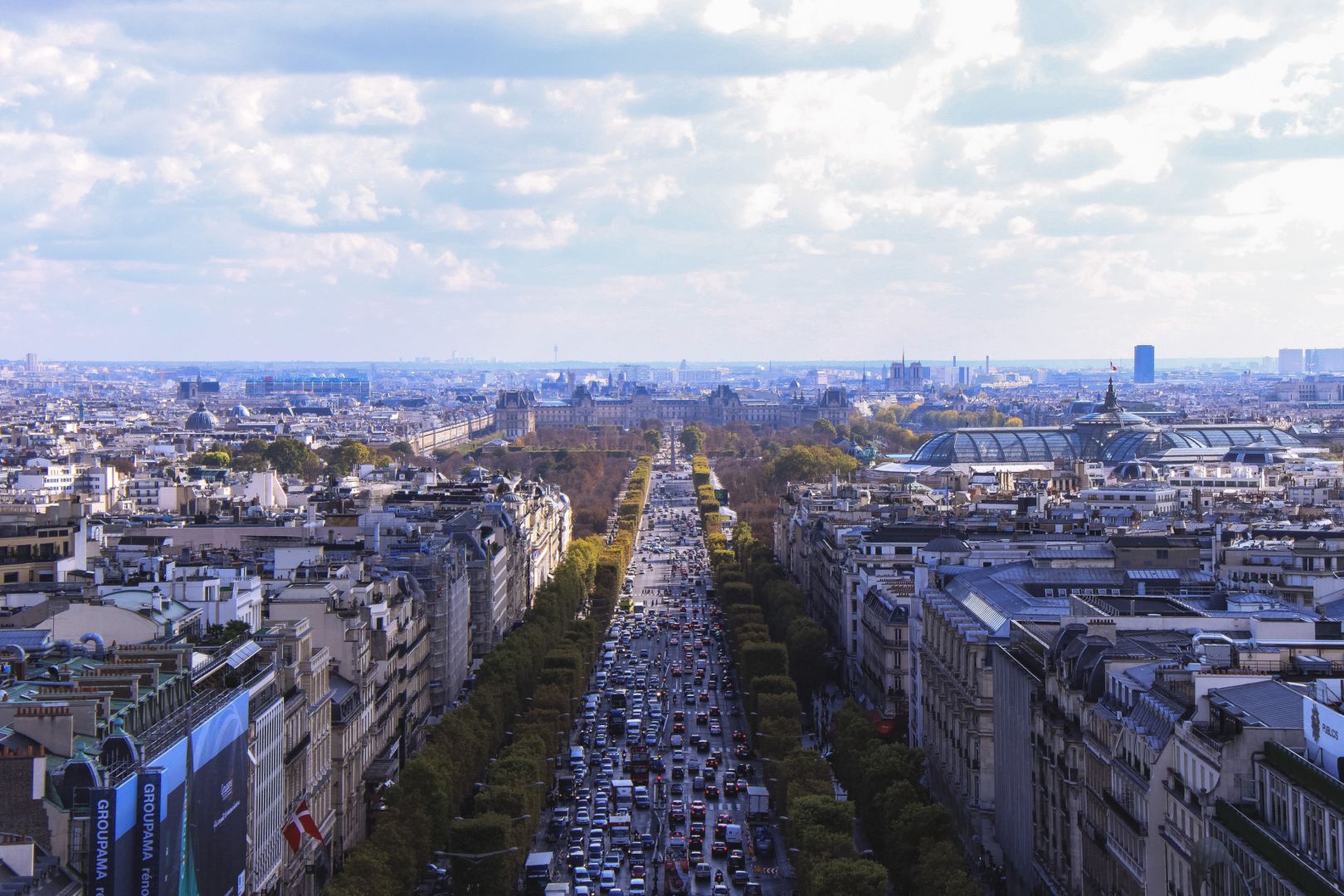Real gold or Fool’s gold? Golden Visas in Europe
The lucrative trade of passports and residence permits in Europe, the money under the table and various reactions.

The lucrative trade of passports and residence permits in Europe, the money under the table and various reactions.
It is estimated that in a Europe that implements tough immigration policies, about 100,000 people have obtained residence permits through the Golden Visa programs and another 6,000 have been granted citizenship over the past 10 years. Four countries in the European Union have citizenship programs (Malta, Cyprus, Bulgaria and Austria) and 20 countries issue residence permits through investment programs: Bulgaria, Croatia, Cyprus, Czech Republic, Estonia, France, Greece, Ireland, Italy, Latvia, Malta, the Netherlands, Poland, Portugal, Slovakia, Spain and the United Kingdom.
According to a detailed survey by the non-governmental organization Transparency International, Europe’s Golden Visa and Golden Passport programs have attracted investments of over 25 billion euros in the last 10 years. In all of those programs, the Chinese rank first, accounting for 70% of the residence permits and nationalities granted worldwide.
While the financial incentives to create such programs are clear, the research indicates that no country has studied the economic and social consequences for the local populations. It is also noted, as mentioned in the European Commission’s report, that audits on money laundering and the exploitation of Golden Visa programs by organized crime are not sufficient. There have been cases of corruption and mismanagement in Malta, Portugal and Hungary; the latter discontinued the program in 2017 after receiving social pressure, and revealed that the Golden Visas program detrimented the state instead of resulting in economic benefits.
The same situation exists in Bulgaria, which in mid-January 2019 announced the end of the citizenship program, due to its failure to bring significant economic benefits to the country. “The data show that the objective of increasing foreign investments and economic activity has not been achieved. No new jobs have been created and economic growth has not been promoted,” the Bulgarian government said.
About a month earlier, in December 2018, the British government announced the freezing of the Golden Visas program, until new regulations were put in place to completely deter money laundering and the misuse of the program by organized crime. Although the freezing decision was revoked after a few days, it is indicative of the criticism arising against the Golden Visas program.
In the first days of February 2019, the Cypriot government announced changes that set stricter criteria and controls for those applying for a residence permit or citizenship. They even declared that a percentage of the program’s earnings would go to the financing of first-time housing for low-income citizens. “We want to ensure that, for every nationality given to a foreign investor, one of our fellow citizens in need will benefit from,” said Cyprus’ Minister of Finance, Haris Georgiades.
In Portugal, the opposition submitted a proposal to abolish the Golden Visa program in January 2019, but the parliament voted against it. Instead, MEPs gave the first green light to extend the program, adding a new “Green visa” investment option that pertains to organic farming, ecotourism, renewable energy and other environmentally friendly investments that help reduce carbon dioxide emissions.
Critics of the Golden Visa programs believe that an action plan that was announced by the European Commission on 23 January 2019 is inadequate and will not be able to cope with security risks and corruption.
The European Commission report also refers to the countries that have free entry agreements with the European Union and which grant citizenship through those types of programs. Such a country is the Caribbean state of St Kitts & Nevis, a pioneer in the field since it began selling its citizenships in 1984, but also the nearby Dominica, whose Citizenship Program in recent years yielded a revenue equivalent to 10-20% of the country’s GDP, according to a report by the International Monetary Fund.
In a series of articles titled “Gold for Visas“, the OCCRP journalist research team, in collaboration with the non-governmental organizations Transparency International and Global Witness, suggests that among the Golden Visa and Golden Passport recipients, are people who have been targeted by international authorities for money laundering and illegal business activities, such as Olig Deripaska, the Russian oligarch who is now a Cypriot national, or Thaksin Shinawatra, former Thai president accused of corruption in his country, who eventually found shelter and a passport in Montenegro, with the promise of investing in his new homeland.
Citizenship or residence permit in a European country, in addition to the possibility of capital outflow, also gives access to a common market of 512 million people, along with all sorts of business opportunities, legal or otherwise, granted by this access.
OCCPP surveys also refer to the Maltese journalist Daphne Caruana Galizia, who was murdered in 2017, while investigating cases of corruption related to her country’s Golden Passport program, among other things.
As reported in a video that accompanies OCCRP material, “Thousands of people across the globe seek a better life in Europe, some to escape poverty, others to escape war. For immigrants, this journey is scary, often deadly and they do not always receive the warmest of welcomes in hotspots. For the wealthy, however, the so-called 1%, there is another way, as a growing number of cash-strapped countries invite them in – as long as they bring plenty of money. And out of this 1%, some are trying to escape taxation, others seek to evade anti-corruption measures, by trying to rig the system.
Before you go, can you chip in?

Quality journalism is not of no cost. If you think what we do is important, please consider donating and becoming a reader who makes our work possible.